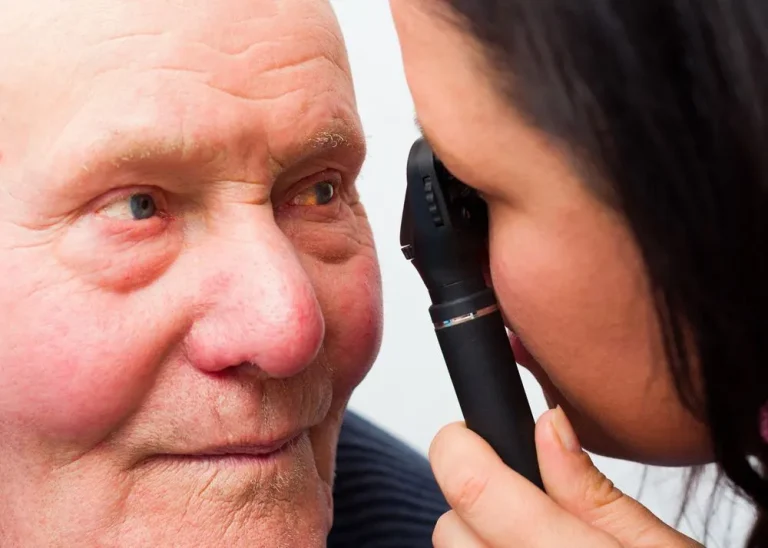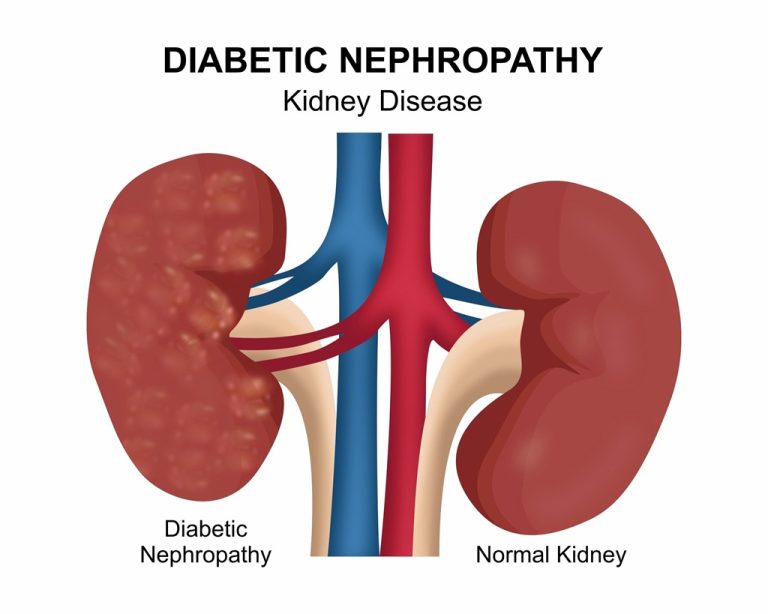
Acupuncture: A Comprehensive Guide
Acupuncture is a form of traditional Chinese medicine that involves the insertion of thin needles into specific points on the body to stimulate the body’s natural healing processes. It has been used for centuries to treat a wide range of health conditions, including pain, stress, and digestive problems.

History of Acupuncture
Acupuncture has a long and rich history that dates back over 2,500 years. The practice originated in ancient China, where it was used to treat a variety of health conditions, including pain, fever, and digestive problems. Over time, acupuncture spread to other parts of Asia, including Japan and Korea, where it was adapted and modified to suit local needs.
Types of Acupuncture
There are several types of acupuncture, including:
1. _Traditional Chinese Medicine (TCM) Acupuncture_: This is the most common form of acupuncture, which is based on the principles of traditional Chinese medicine.
2. _Japanese Acupuncture_: This form of acupuncture is based on the principles of traditional Japanese medicine and uses thinner needles and more subtle techniques.
3. _Korean Acupuncture_: This form of acupuncture is based on the principles of traditional Korean medicine and uses a combination of acupuncture and herbal medicine.
4. _Cosmetic Acupuncture_: This form of acupuncture is used to improve the appearance of the skin and to treat conditions such as acne, wrinkles, and hair loss.
How Acupuncture Works
Acupuncture works by stimulating the body’s natural healing processes. When the needles are inserted into specific points on the body, they stimulate the release of chemicals that help to reduce pain, inflammation, and stress. Acupuncture also helps to improve the flow of energy, or “qi,” in the body, which is believed to be essential for maintaining good health.
Benefits of Acupuncture
Acupuncture has a number of benefits, including:
1. _Pain relief_: Acupuncture is commonly used to treat pain, including back pain, headaches, and arthritis.
2. _Stress relief_: Acupuncture can help to reduce stress and anxiety by stimulating the release of chemicals that help to calm the mind and body.
3. _Improved digestion_: Acupuncture can help to improve digestion and relieve symptoms of irritable bowel syndrome (IBS).
4. _Improved sleep_: Acupuncture can help to improve sleep quality and duration.
Risks and Side Effects of Acupuncture
While acupuncture is generally considered to be safe, there are some risks and side effects to be aware of, including:
1. _Pain_: Some people may experience pain or discomfort when the needles are inserted.
2. _Bleeding_: There is a small risk of bleeding or bruising at the needle site.
3. _Infection_: There is a small risk of infection if the needles are not sterilised properly.
4. _Allergic reactions_: Some people may be allergic to the materials used in the needles or other equipment.
Contraindications
There are some contraindications to acupuncture, including:
1. _Pregnancy_: Acupuncture is not recommended during pregnancy, especially in the first trimester.
2. _Bleeding disorders_: Acupuncture is not recommended for people with bleeding disorders, such as haemophilia.
3. _Pacemakers_: Acupuncture is not recommended for people with pacemakers or other implantable devices.
4. _Active infections_: Acupuncture is not recommended for people with active infections, such as tuberculosis.
Preparing for Acupuncture
Before undergoing acupuncture, it is essential to prepare properly. Here are some tips to help you prepare:
1. _Find a licensed acupuncturist_: Make sure to find a licensed acupuncturist who has experience in treating your condition.
2. _Ask questions_: Ask your acupuncturist any questions you may have about the treatment.
3. _Avoid eating a heavy meal_: Avoid eating a heavy meal before undergoing acupuncture.
4. _Wear loose clothing_: Wear loose clothing that allows easy access to the treatment areas.
Conclusion
Acupuncture is a safe and effective form of traditional Chinese medicine that has been used for centuries to treat a wide range of health conditions. While there are some risks and side effects to be aware of, acupuncture can be a valuable addition to your healthcare routine. By finding a licensed acupuncturist and preparing properly for treatment, you can experience the many benefits of acupuncture for yourself.







